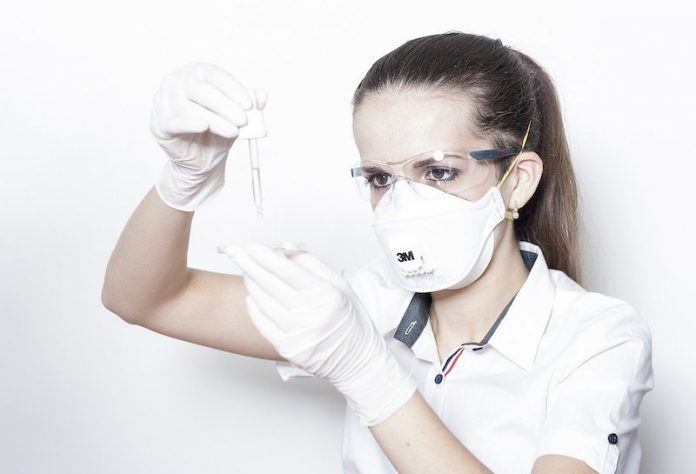
In a new study, researchers found that an experimental drug, leronlimab, may prevent the “cytokine storm” that inflames and fatally damages the lungs and other organs of many COVID-19 patients.
The research was conducted by a team at Montefiore Health System and Albert Einstein College of Medicine.
The team studied leronlimab early in the pandemic and realized its potential for treating his transplant patients who had COVID-19.
They then obtained “compassionate use” permission from the Food and Drug Administration so that he and his colleagues could use leronlimab on 10 severely ill COVID-19 patients, six of them transplant patients from various organ transplant programs.
They found that that five of the 10 patients treated with leronlimab survived.
The team says the drug could calm the overactive immune systems of these patients and halt the inflammation and blood clotting that are so damaging to the lungs, liver, and kidneys of severely ill COVID-19 patients.
All 10 patients had extremely high blood levels of CCL5, which are inflammatory molecules known as cytokines. This is why the extreme inflammatory response is known as the “cytokine storm.”
Leronlimab interfered with those CCL5 molecules, preventing them from directing immune cells to swarm into and inflame the lungs and other organs.
Based on the positive results with those patients, the FDA approved Dr. Seethamraju’s application for a phase 2 trial of leronlimab.
The researchers now begin evaluating the new drug in two separate, FDA-approved trials: one to treat mild-to-moderate cases of COVID-19 and the other to treat severely ill COVID-19 patients.
The team says many patients all too often seem to be recovering, but then crash and burn when their lungs are overwhelmed by an inflammatory reaction that makes breathing impossible.
The FDA is concerned that there is no treatment for those people.
One author of the study is Harish Seethamraju, M.D., an organ transplant specialist and a member of the department of medicine at Montefiore and Einstein.
The study is published in MedRxiv.
Copyright © 2020 Knowridge Science Report. All rights reserved.



